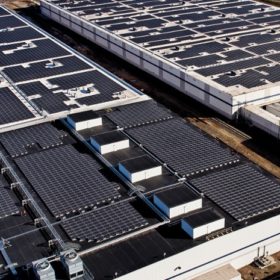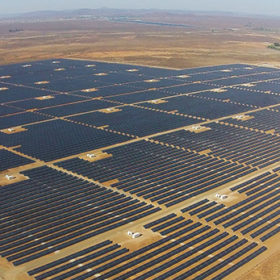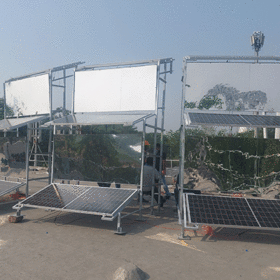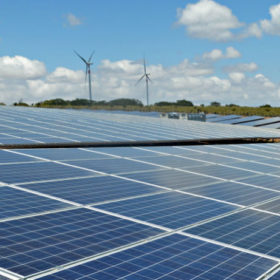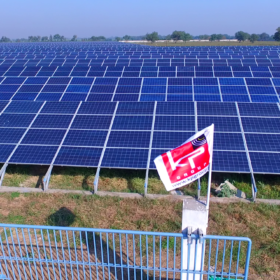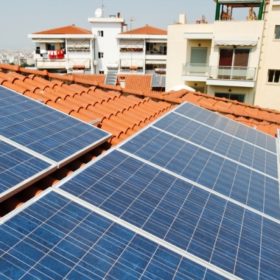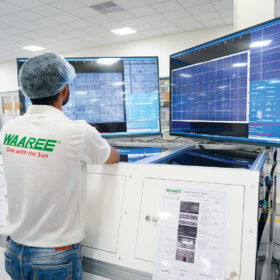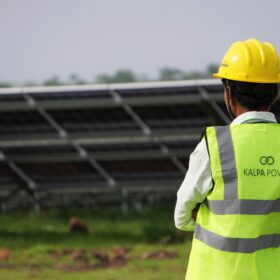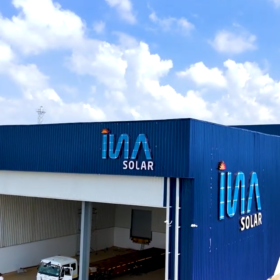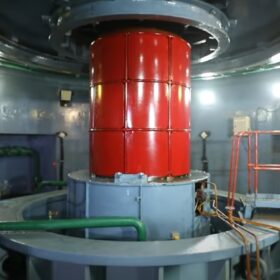Solar power prices rising with demand
Recent BloombergNEF research shows that corporations procured a record 31GW of renewable energy in 2021, and LevelTen Energy says that growth occurred despite more than a year of price increases.
Torrent Power to acquire 25 MW solar plant, Reliance completes acquisition of 40% stake in Sterling & Wilson Solar
The 25 MW solar project acquired by Torrent Power benefits from a a 25-year power purchase agreement with Gujarat Urja Vikas Nigam Ltd. Reliance New Energy Solar Ltd, a wholly-owned unit of Reliance Industries Ltd, now holds 40% of the total paid-up equity share capital of Sterling & Wilson Solar following acquisition of a further stake from its promoters.
Portable, space-saving solar towers
Researchers at the Indian Institute of Technology Delhi have developed solar towers that can be moved from one place to another and can generate 20-30% more power while requiring only 50-60% space compared to conventional mounting setups.
New renewable energy capacity addition grew 73% year-on-year in the third quarter this fiscal
India installed 3,316 MW of non-hydro renewable energy capacity in the third quarter of FY2021-22, compared to just 1,914 MW installed in the same period last year. Out of this, 93% (3,072 MW) came from solar.
‘Solar and wind deployment could not now be stopped if we wanted to’
BloombergNEF’s Jenny Chase has surveyed the state of affairs in world solar for clean energy journal Joule and said the technology’s historic ability to surmount obstacles – and persistently confound analysts’ predictions – should offer a reason for hope.
How solar installations can benefit real estate developers
For real estate developers, now is the best time to install a solar energy system in their projects because solar rebates, tax credits, and incentives are at all-time highs. At the same time, a solar energy system may help them prepare for tomorrow’s specific difficulties while also saving money now.
ReNew Power commissions Gujarat’s first wind-solar hybrid project
The developer has commissioned a 17.6 MW captive wind-solar project to supply clean energy to Grasim Industries Limited’s Chlor-Alkali unit in the Bharuch district. The second phase will see an additional installation of 16.68 MW for the same unit.
KPI bags 25 MW commercial solar order, Sungrow signs inverter contract for 50 MW of PV projects
Gujarat-based KPI Global will execute a 25 MW DC solar project for Greenlab Diamonds. Sungrow has signed a contract with Roofsol Energy to implement its solar inverter solutions for 50 MW solar projects across India.
Dalmia Cement expands solar plant capacity to 17.1 MW
The cement manufacturer has added 14.7 MW of ground-mounted solar power plant to supply green energy to Kaplias Cement Works plant in the Cuttack district of Odisha.
SBI partners with Tata Power for financing solar projects
The State Bank of India has set up a dedicated centralized cell that will process loan applications for commercial and residential solar projects sourced across India by Tata Power Solar Systems Ltd.
